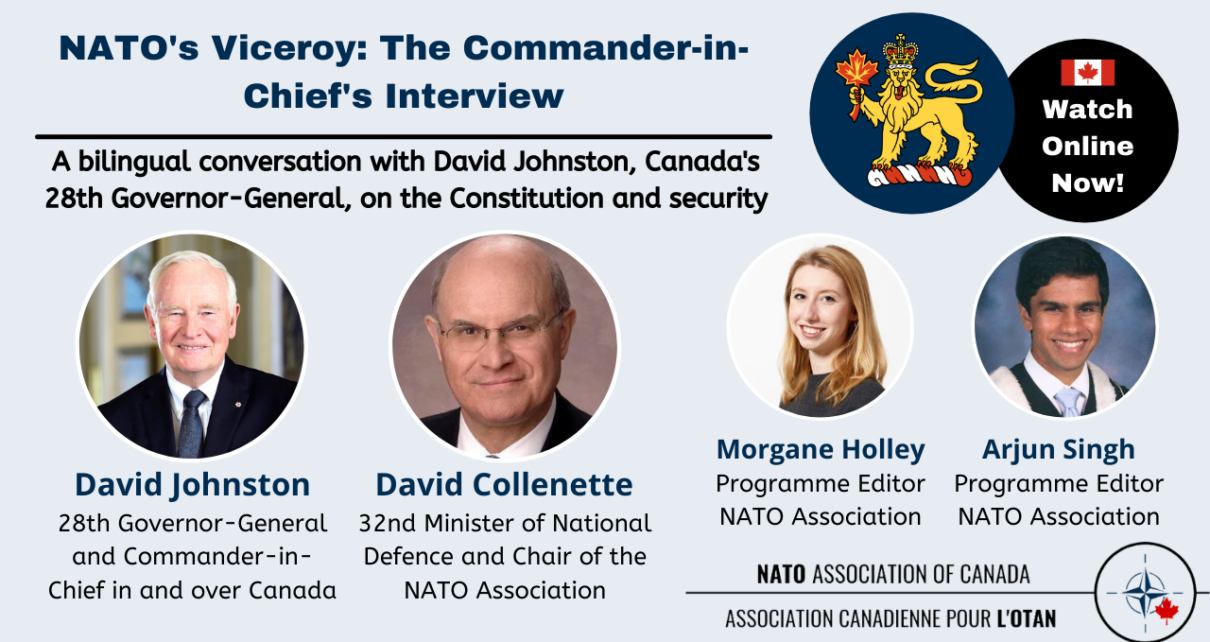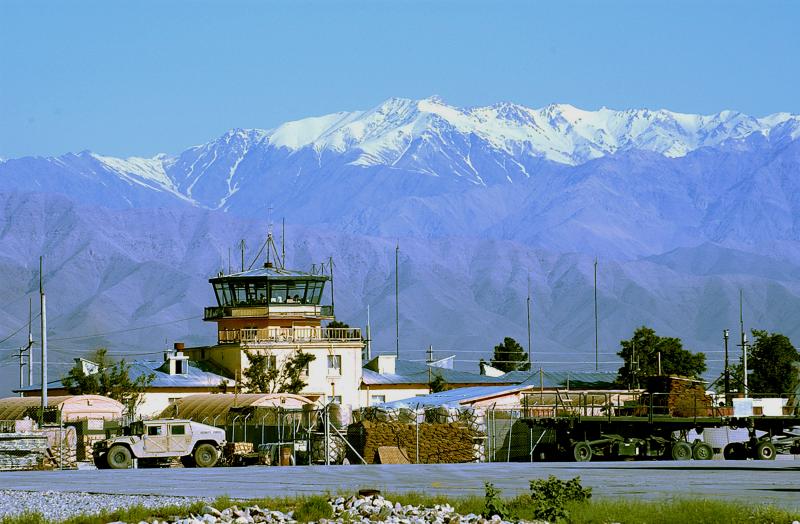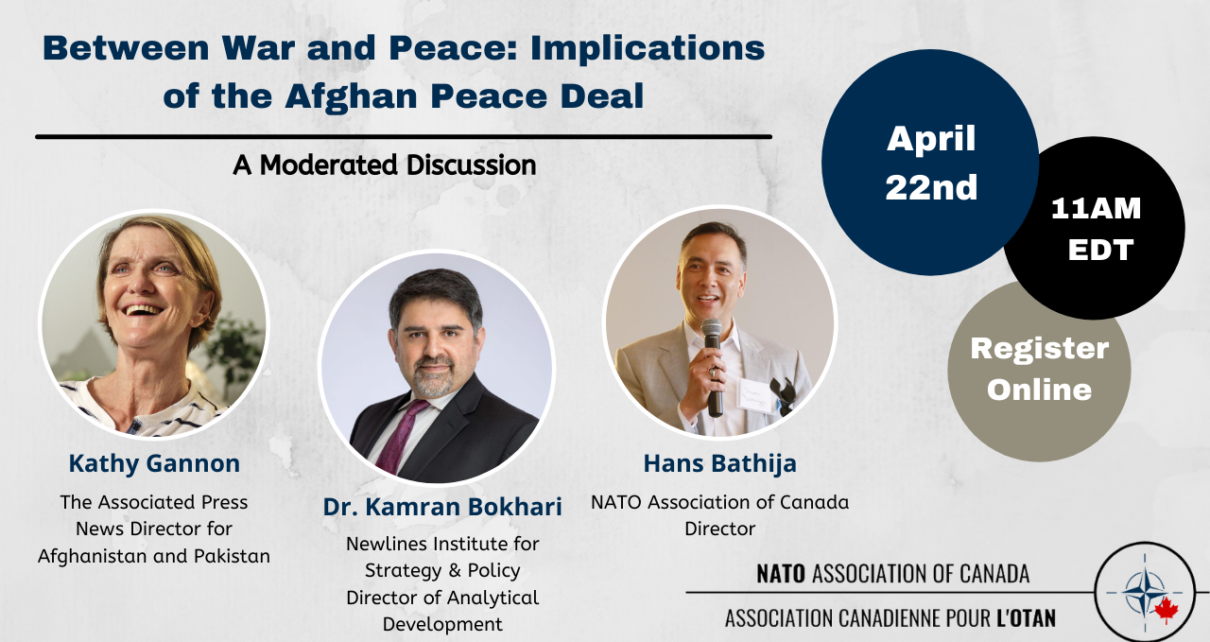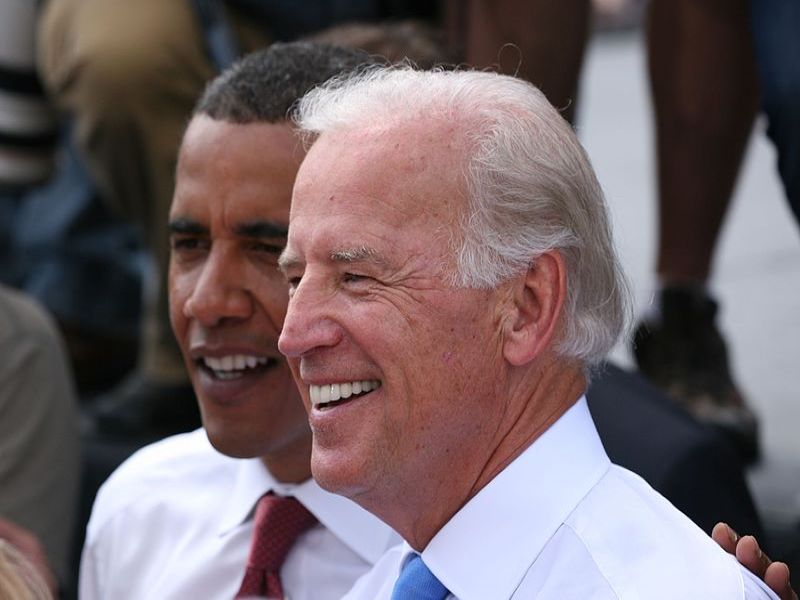Do media literacy classes offer an effective policy solution to disinformation? In this article, Jack Burnham discusses the rise of media literacy classes in the US and Canada and their impact on countering the effects of deliberate falsehoods on young people.
Tag: United States
Quantum Computing Revolution: Risks and Prospects
Although quantum computing offers exciting new ways to predict, compute, and simulate data, their potential ability to decipher passwords make them an emerging threat to the security of individuals and states; the international ‘arms’ race for quantum technology raises questions about how to educate the public about these inventions and regulate them.
Rising Right-wing Extremism at Home and Abroad: A Global Perspective to Canada’s Freedom Convoy Protest
In this article, Jordan McEwen highlights the growth of right-wing extremist violence by looking at the Freedom Convoy Protest earlier this year.
Zero Trust Networks: A New Normal for Cybersecurity?
What is Zero Trust in cybersecurity, and what are the reasons for the Biden administration’s push towards a Zero Trust architecture? In this article, Bryan Roh explains some of the reasons why the Zero Trust security model is gaining momentum in both the public and private sectors.
NATO’s Viceroy: The Commander-in-Chief’s Interview with David Lloyd Johnston
A bilingual discussion on the Constitution, national security and foreign policy with The Rt. Hon. David Johnston, the 28th Governor-General and Commander-in-Chief in and over Canada.
Last In, First Out: Two Decades in Afghanistan
Bagram Air Base – once the bastion of coalition forces in Afghanistan – is now empty of U.S. and NATO troops, bringing an effective end to their presence in the country. Elliott Simpson reflects on what should be acknowledged, and hopefully learned from their efforts over the past 20 years.
Between War and Peace: Implications of the Afghan Peace Deal
A discussion on the fragile trajectory of peace in Afghanistan and the Doha Agreement peace deal, hosted by the NATO Association of Canada.
U.S. Withdrawal from Afghanistan: What it Means for Women
Mary Peplinski discusses the fragile peace agreement between the United States and the Taliban, and examines how an early withdrawal of American troops could worsen violence and compromise advances in women’s rights in Afghanistan.
Biden and the Comprehensive and Progressive Transpacific Partnership: Challenges for Re-entry
The greatest challenge for Biden in the Pacific may be proving that U.S participation in multilateral-free trade agreements is a necessity and not a luxury. Emilio Angeles writes.
How did recognizing the results of the 2020 US election become political?
On November 7, Joe Biden won the United States presidential election, a victory confirmed by the Electoral College vote on December 15. However, Trump continues to question the results of the election.










